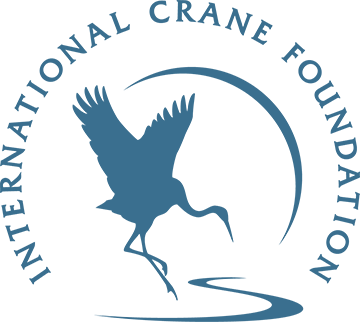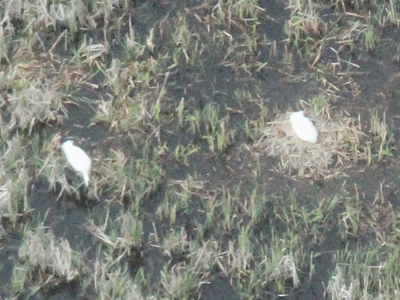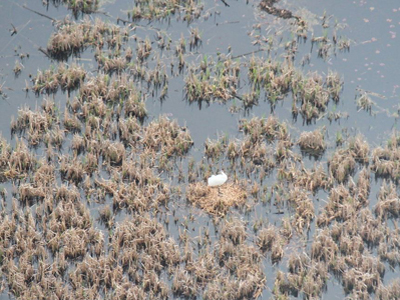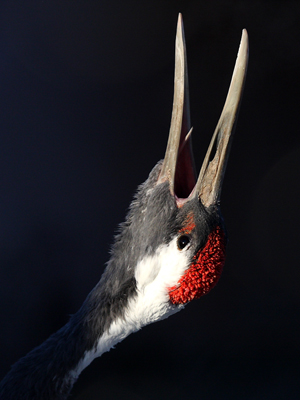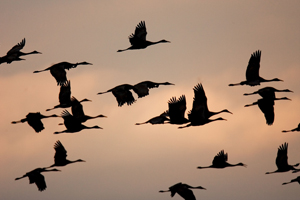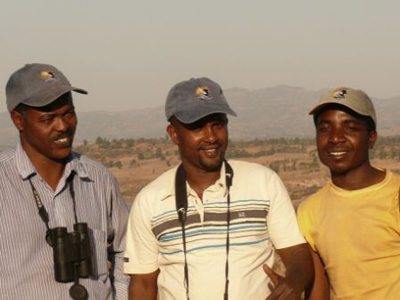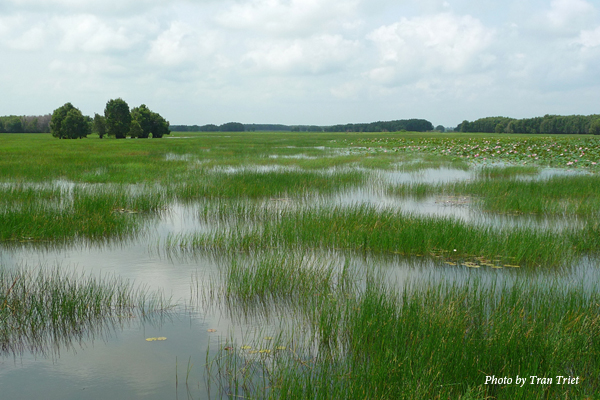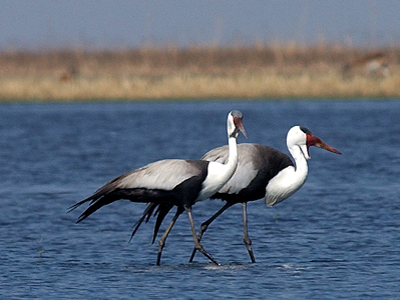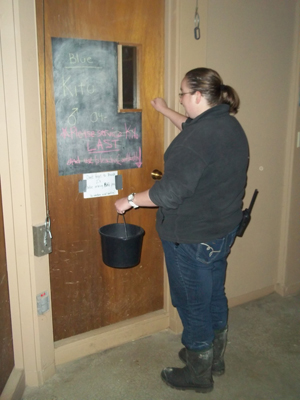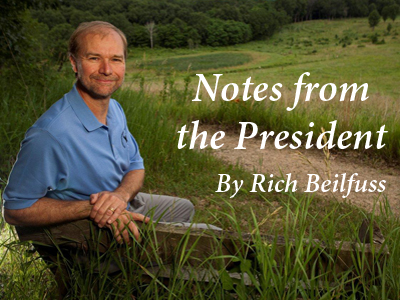 The Whooping Crane Eastern Partnership (WCEP) is celebrating another success in its efforts to reintroduce a wild migratory Whooping Crane population in eastern North America. A Whooping Crane chick hatched yesterday in Wood County, Wis.
The Whooping Crane Eastern Partnership (WCEP) is celebrating another success in its efforts to reintroduce a wild migratory Whooping Crane population in eastern North America. A Whooping Crane chick hatched yesterday in Wood County, Wis.
Results for "Headlines Videos cleantalkorg2.ru Share Market breaking newstoday Read Breaking News Today World News breaking news english search world news"
Whooping Crane Shot in South Dakota
 ICF is saddened to report on the fatal shooting of a Whooping Crane in South Dakota. The migrating adult crane was from the Aransas/Wood Buffalo population and was traveling with two Whooping Cranes when it was shot with a rifle while standing in a corn field. Law enforcement officers with the U.S. Fish & Wildlife Service (FWS) and the South Dakota Department of Game, Fish and Parks are investigating the shooting which took place on April 20, 2012.
ICF is saddened to report on the fatal shooting of a Whooping Crane in South Dakota. The migrating adult crane was from the Aransas/Wood Buffalo population and was traveling with two Whooping Cranes when it was shot with a rifle while standing in a corn field. Law enforcement officers with the U.S. Fish & Wildlife Service (FWS) and the South Dakota Department of Game, Fish and Parks are investigating the shooting which took place on April 20, 2012.
Spring Migration is Underway for “Class of 2011” Whooping Cranes
 The Whooping Crane Eastern Partnership (WCEP), an international coalition of public and private groups that is reintroducing Whooping Cranes to eastern North America, is pleased to report that last year’s “Class of 2011” Whooping Cranes have all begun their spring migration north.
The Whooping Crane Eastern Partnership (WCEP), an international coalition of public and private groups that is reintroducing Whooping Cranes to eastern North America, is pleased to report that last year’s “Class of 2011” Whooping Cranes have all begun their spring migration north.
Opening Day!
 On Sunday, April 15th the International Crane Foundation (ICF) officially opens to visitors and our performers (the cranes) are dusting off their feathers, dancing and bugling to get ready.
On Sunday, April 15th the International Crane Foundation (ICF) officially opens to visitors and our performers (the cranes) are dusting off their feathers, dancing and bugling to get ready.
Voice Your Opinion on Sandhill Crane Hunting in Wisconsin
 In early February 2012 Wisconsin State Representative Joel Kleefisch introduced a bill proposing a regulated Sandhill Crane hunt in the state, citing the need to control crop damage by cranes. Though this bill never made it to a vote during this spring’s legislative session, a Sandhill Crane hunting bill will likely be introduced again in the future. For now, the state’s discussion on the Sandhill Crane hunting issue will continue in forums like the upcoming Conservation Congress meetings on April 9, 2012.
In early February 2012 Wisconsin State Representative Joel Kleefisch introduced a bill proposing a regulated Sandhill Crane hunt in the state, citing the need to control crop damage by cranes. Though this bill never made it to a vote during this spring’s legislative session, a Sandhill Crane hunting bill will likely be introduced again in the future. For now, the state’s discussion on the Sandhill Crane hunting issue will continue in forums like the upcoming Conservation Congress meetings on April 9, 2012.
Travels in Ethiopia
 Following a trail blazed by German crane colleagues and through transportation gratis ICF’s official Airline, Lufthansa, I spent nineteen memorable days in Ethiopian landscapes and sunshine. The visit perhaps will, with good fortune, result in the acceleration in the study and conservation of wetlands vital to more than 1,368 Black Crowned Cranes and 213 Wattled Cranes and uncountable thousands (for me at least) of migrant Eurasian Cranes that we observed.
Following a trail blazed by German crane colleagues and through transportation gratis ICF’s official Airline, Lufthansa, I spent nineteen memorable days in Ethiopian landscapes and sunshine. The visit perhaps will, with good fortune, result in the acceleration in the study and conservation of wetlands vital to more than 1,368 Black Crowned Cranes and 213 Wattled Cranes and uncountable thousands (for me at least) of migrant Eurasian Cranes that we observed.
Sarus Crane Wintering Area Wetland of International Importance
 For more than 25 years, ICF has been deeply involved in the establishment and management of what is now Tram Chim National Park, the largest wetland conservation area in the Mekong River Basin of Southeast Asia. Earlier this year, Tram Chim was designated a Wetland of International Importance through the Ramsar Convention, an international treaty for the conservation and wise use of wetlands.
For more than 25 years, ICF has been deeply involved in the establishment and management of what is now Tram Chim National Park, the largest wetland conservation area in the Mekong River Basin of Southeast Asia. Earlier this year, Tram Chim was designated a Wetland of International Importance through the Ramsar Convention, an international treaty for the conservation and wise use of wetlands.
Major Conservation Victory in Mozambique!
 The International Crane Foundation (ICF), together with World Wide Fund for Nature (WWF) and the Museum of Natural History and other key partners in Mozambique, congratulate the Government of Mozambique for their wise decision to not allow the dredging of the lower Zambezi River and Delta for coal barging.
The International Crane Foundation (ICF), together with World Wide Fund for Nature (WWF) and the Museum of Natural History and other key partners in Mozambique, congratulate the Government of Mozambique for their wise decision to not allow the dredging of the lower Zambezi River and Delta for coal barging.
ICF’s President and CEO, Dr. Richard Beilfuss, was deeply involved in preparing the Environmental Impact Assessment and subsequent communications with the Mozambique Ministry of Environment concerning the need for a holistic, ecosystems approach to Zambezi River basin development.
Knock, knock…Who's there?
 Knock before entering… A common courtesy, for example, when visiting a friend or relative’s home. Believe it or not, this simple concept can also be applied as a training tool to help calm nervous birds. A ‘knock’ signals to a bird that an aviculturist will be entering to do something in their space. This ‘something’ can be any number of routine husbandry tasks: from checking food and water buckets, to entering the pen with a large bucket to clean. Sometimes, a knock may just mean someone is coming to look in at you and toss you a treat.
Knock before entering… A common courtesy, for example, when visiting a friend or relative’s home. Believe it or not, this simple concept can also be applied as a training tool to help calm nervous birds. A ‘knock’ signals to a bird that an aviculturist will be entering to do something in their space. This ‘something’ can be any number of routine husbandry tasks: from checking food and water buckets, to entering the pen with a large bucket to clean. Sometimes, a knock may just mean someone is coming to look in at you and toss you a treat.
Notes from the President
 Conservation leadership is at the heart of ICF’s global mission to save cranes and the diverse ecosystems, watersheds, and flyways on which they and all of us depend. We are dedicated to inspiring and empowering leaders at all levels. We provide training and practical experience for individuals and organizations engaged in community-based conservation, education, and outreach at key crane sites, building on their knowledge of cultural norms and practices. We also facilitate international leadership on key cross-cutting issues that affect cranes, such as sustainable water management. And sometimes conservation leaders find us, and together we tackle challenges beyond the reach of ICF alone. In this issue, we share stories from conservation leaders who are on the front lines of saving cranes and their landscapes on three continents.
Conservation leadership is at the heart of ICF’s global mission to save cranes and the diverse ecosystems, watersheds, and flyways on which they and all of us depend. We are dedicated to inspiring and empowering leaders at all levels. We provide training and practical experience for individuals and organizations engaged in community-based conservation, education, and outreach at key crane sites, building on their knowledge of cultural norms and practices. We also facilitate international leadership on key cross-cutting issues that affect cranes, such as sustainable water management. And sometimes conservation leaders find us, and together we tackle challenges beyond the reach of ICF alone. In this issue, we share stories from conservation leaders who are on the front lines of saving cranes and their landscapes on three continents.
